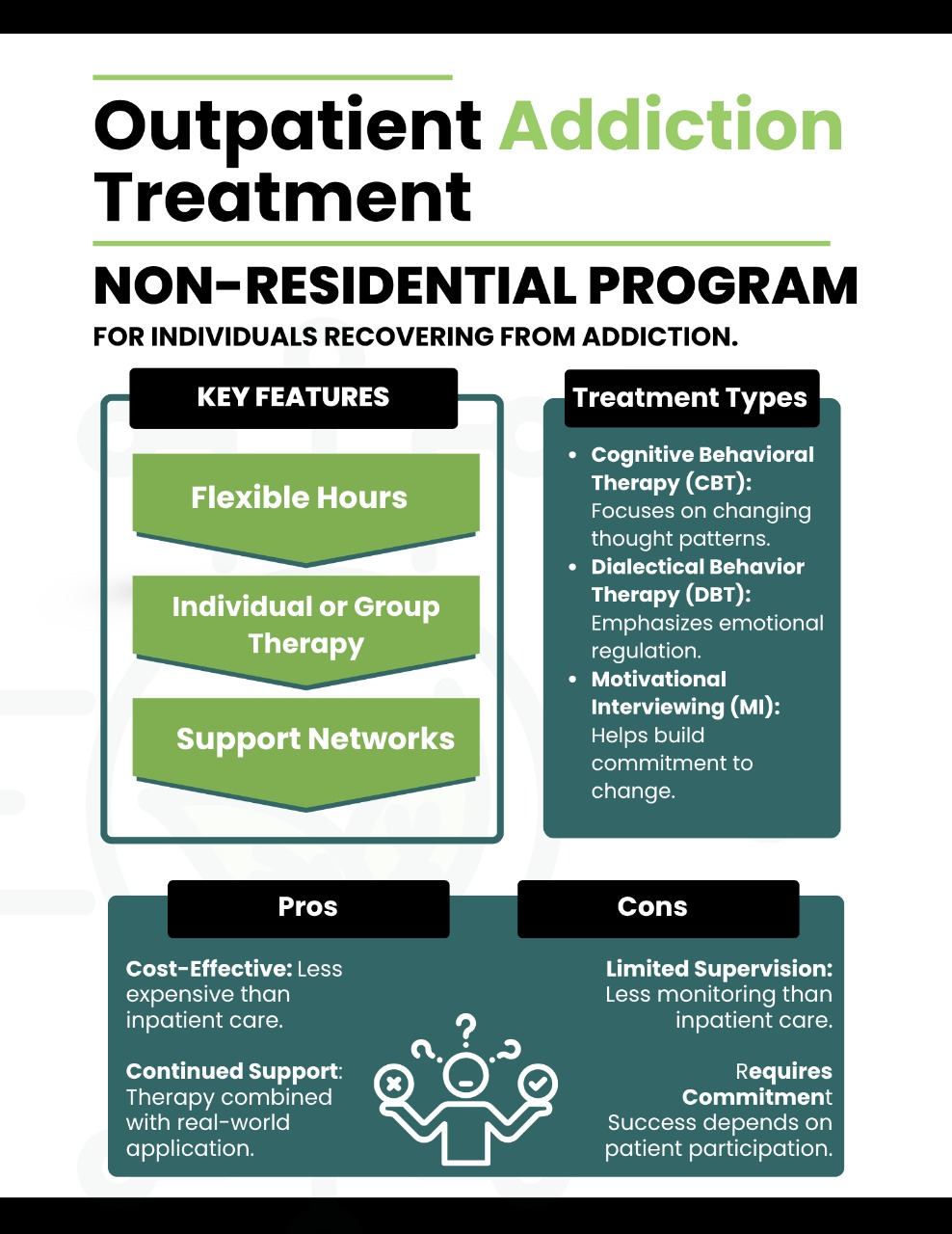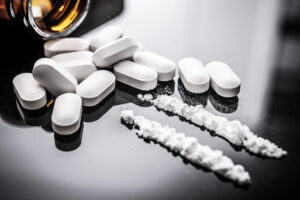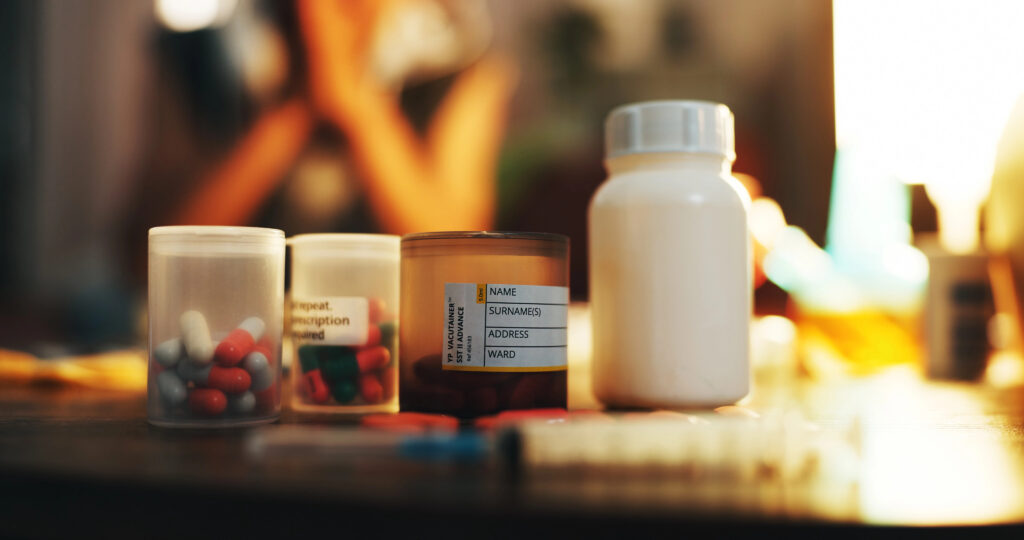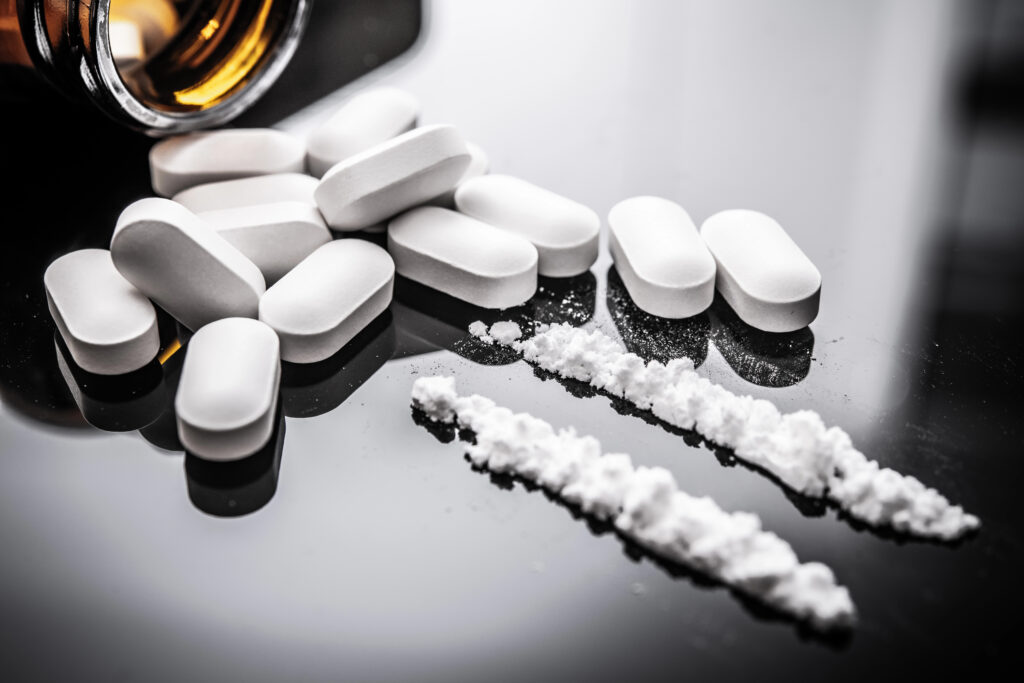
Harvard, Massachusetts, is a serene, charming town known for community values, nature, and education. Its serene setting offers a soothing haven for those who want to recover without having to travel far from home.
Outpatient addiction treatment in Harvard permits one to recover emotionally while remaining attached to one’s daily routines.
More than 20% of U.S. adults had used drugs in the past month outside of guideline recommendations, according to the CDC. Harvard’s outpatient programs provide professional treatment, discipline, and therapy without full-time residential commitment.
One of the most compelling points for outpatient treatment at Harvard is the possibility of recovery and upholding real-world responsibilities.
Structured Treatment Without Complete Disruption
Addiction treatment on an outpatient basis maintains patients at home, in the office, and yet they still receive professional care. It is best for those with minor substance abuse issues with strong family and social stability surrounding them.
A report by APA indicates that outpatient therapy continues to enhance mental well-being and balance of life in the long term.
Patients see therapy weekly, which may include group and one-on-one counselling specific to their recovery objectives. Harvard’s community centers employ evidence-based treatments such as CBT, DBT, and motivational interviewing.
Therapy is centered on the client’s schedule, requirements, and objectives, and maintains both structure and independence for long-term recovery.
A Personal Plan Makes the Difference
Treatment starts with a comprehensive clinical assessment to determine medical, emotional, and lifestyle factors.
Harvard clinicians design individualized plans of care that address physical health, mental wellness, and social recovery tools in combination. According to NIAAA, individualized treatment has a 30% greater effect than in standard models of care.
Harvard’s outpatient treatment employs person-centered planning to facilitate movement, increase responsibility, and monitor behavior gains every week. Treatment can involve trauma work, relapse prevention, and stress management.
Such plans are regularly adjusted according to real-time needs and outcomes. Personalized care makes one more engaged, motivated, and likely to recover after being discharged.
When You Need More Help: IOPs in Harvard
For others who require more framework than each week of therapy, Harvard has Intensive Outpatient Programs (IOPs) that are available even longer.
IOPs typically encompass nine to fifteen hours of care each week, with several modalities of therapy per week.
According to Stanford Medicine, IOPs reduce relapse risk by approximately 50%.
IOPs combine accountability with social support, life-skills training, and mental health therapy.
Harvard’s IOPs are perfect for individuals stepping down from residential treatment or who have battled chronic relapse. Clients receive intensive care while still sleeping in their homes and living their own lives. It’s strength with balance—intensive but never lonely.
Completing the Underlying Addiction
Addiction tends to be linked with co-occurring emotional or psychological issues such as depression, anxiety, or unresolved trauma.
Harvard outpatient centers provide dual diagnosis treatment, which treats mental illness and drug or alcohol use simultaneously. Mount Sinai Health says dual treatment has considerably higher success rates.
Clients are walked through emotional control, trauma healing, and enhanced coping mechanisms by licensed therapists. Therapy is more effective when the underlying emotional causes of addiction are addressed—rather than symptoms.
Mental health is never an afterthought at Harvard; it’s at the center of long-term recovery. Emotional development and mental health are key to long-term recovery from substance dependency.
Family Plays a Role in Long-Term Recovery
Addiction does not only damage the addict—it destroys families, marriages, and parent-child relationships. At Harvard, outpatient treatment may involve family therapy to mend trust and improve communication.
Statistics from the University of Michigan Health indicate that family participation increases recovery by 40%.
The family is educated in the addiction cycle, how to set boundaries, and how to support. These classes decrease resentment, increase awareness, and foster personal growth for everyone—not the client.
Having loved ones involved is an encouraging setting where recovery is also able to thrive. Families become supporters rather than spectators, and that is also one of the healthiest aspects of recovery at Harvard.
Community and Connection Fuel Progress
Harvard is an urban environment, and neighborhood connections serve to keep people connected to the recovery process. Communities provide alumni groups, neighborhood support meetings, and health-related activities so that connections can be maintained.
SAMHSA describes how recovery outcomes are improved when peer support is added to treatment planning.
In Harvard, these support groups give patients motivation, experience, and support once structured therapy is finished. This feeling of belonging diminishes loneliness, a relapse trigger.
No longer is recovery individualized—it’s communal. When individuals care for each other, healing becomes real.
Harvard constructs recovery among people, not just programs.
Nature Facilitates Emotional and Physical Recovery
Harvard’s natural environment—orchards, trails, and farms—provides the ideal atmosphere for emotional healing.
The University of Washington research cites exposure to green space as the reason for reduced anxiety and better mental clarity.
Some of the area therapists include nature mindfulness into outpatient therapy sessions. Whatever it is – walking therapy, meditation in nature, or simply a breath of fresh air – they all work.
Harvard offers the chance to unwind, slow down, and recharge. This exposure to nature attunes emotional balance and reinforces well-being.
Nature mends the body—and mends the mind. Harvard’s grounds are integrated into the therapy experience.
Staying on the Path: After Graduation
Outpatient graduation is a success, but staying recovered requires ongoing effort and planned aftercare. Relapse prevention, alumni, and life-planning services are offered at Harvard.
Long-term care promotes retention of behavioral change by a lot, says Carnegie Mellon University.
Services assist clients in developing resilience, adapting to life stressors, and establishing effective post-treatment habits. Patients are urged to continue attending therapy, peer groups, or community services.
Harvard facilitates recovery not only during treatment—but afterwards, as well. Regular contact provides assurance and prevents relapse, enabling patients to get sober—not merely become sober—but remain sober.
Begin Your Recovery with Outpatient Treatment in Harvard
When you or your loved one is ready to change, Harvard brings hope, assistance, and recovery to your doorstep.
Science-based outpatient treatment at Harvard, administered with compassion, and exclusively for your recovery. Addiction Policy Forum reports that 75% of clients who are treated and given aftercare continue to stay sober in the long term.
The peaceful environment of Harvard, one-on-one care, and committed staff enable change to happen. Come to Forrestbh to learn how we can assist you in finding your path to sober living.
To explore neighboring recovery support, visit our Outpatient Addiction Treatment in Sudbury. You don’t have to abandon everything to start anew—you just need help.













